Partners

Pistes Solidaires
France, Pau
Pistes-Solidaires is a non-formal education association based in Pau, specializing in international educational mobility. It is dedicated to creating and innovating in the social and educational fields, opening doors to Europe and the world to foster learning to live together. As a Europe Direct Information Center, it provides objective guidance on European matters. Its lifelong learning approach is based on UNESCO's four pillars: learning to understand, to act, to be, and to be in solidarity. We support young people in developing their skills, critical thinking, and active citizenship through mobility experiences, training, and innovative educational projects. By offering tailored guidance, we help them build meaningful learning paths, enhance their employability, and become engaged, responsible citizens in an interconnected world.
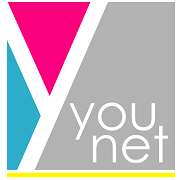
YouNet APS
Italy, Bologna
YouNet APS is an innovative and active non-profit and non-governmental organization based in Bologna, Italy, founded in 2010. YouNet carries out activities addressed mainly to young people. It cooperates regularly with the regional council, local municipalities (also in rural areas) and schools with the aim of providing non-formal education experiences with the EU dimension. The association promotes, designs and implements learning mobility and European active citizenship activities, medium and long-term volunteering and learning projects, cultural and social activities, seminars and as well as training programs and educational, promotional, and informative initiatives on European and youth-related topics, such as youth unemployment and youth entrepreneurship. YouNet APS is deeply rooted in the regional territory, particularly in Bologna and the province, where it regularly organizes projects, activities, and collaborations with local and regional institutions.
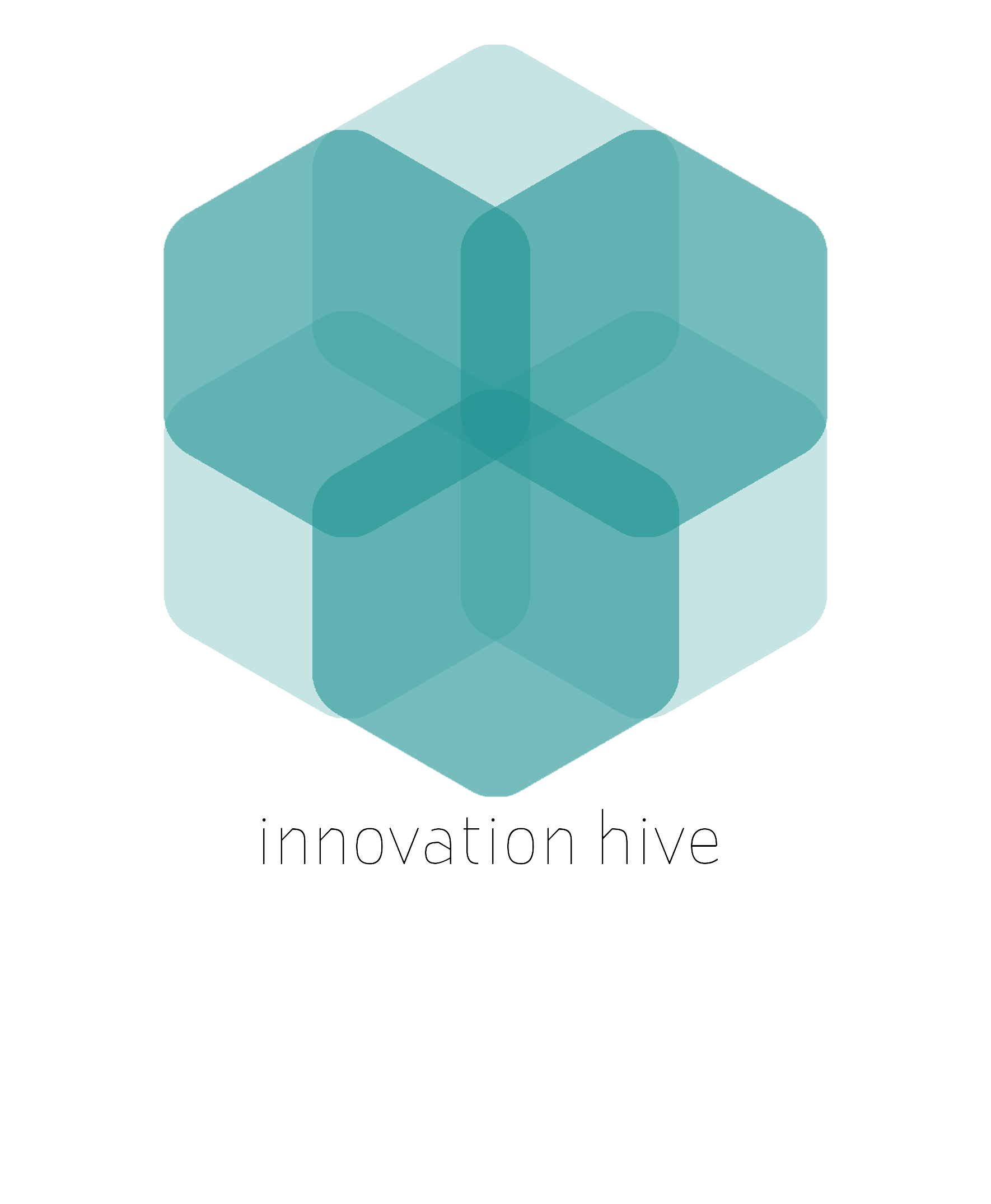
Innovation Hive
Greece
Innovation Hive is a private non-profit organization located in Greece, specialized in the fields of research and innovation. Their actions aim to enhance the economic and social cohesion of European societies while our goal is to find solutions to the new innovation challenges, achieve growth, sustainability and maximize the impact to the society. The organization's philosophy in order to achieve these goals is based on co-creation methodologies and a quadruple helix approach. The engagement of stakeholders from industry, science and society is aiming to create links between the businesses, the academia and the civic actors in order to develop a combination of knowledge, skills, tools, values and motivation. The final goal is to make the difference in local societies and to succeed at the highest level the principles of social innovation concepts.
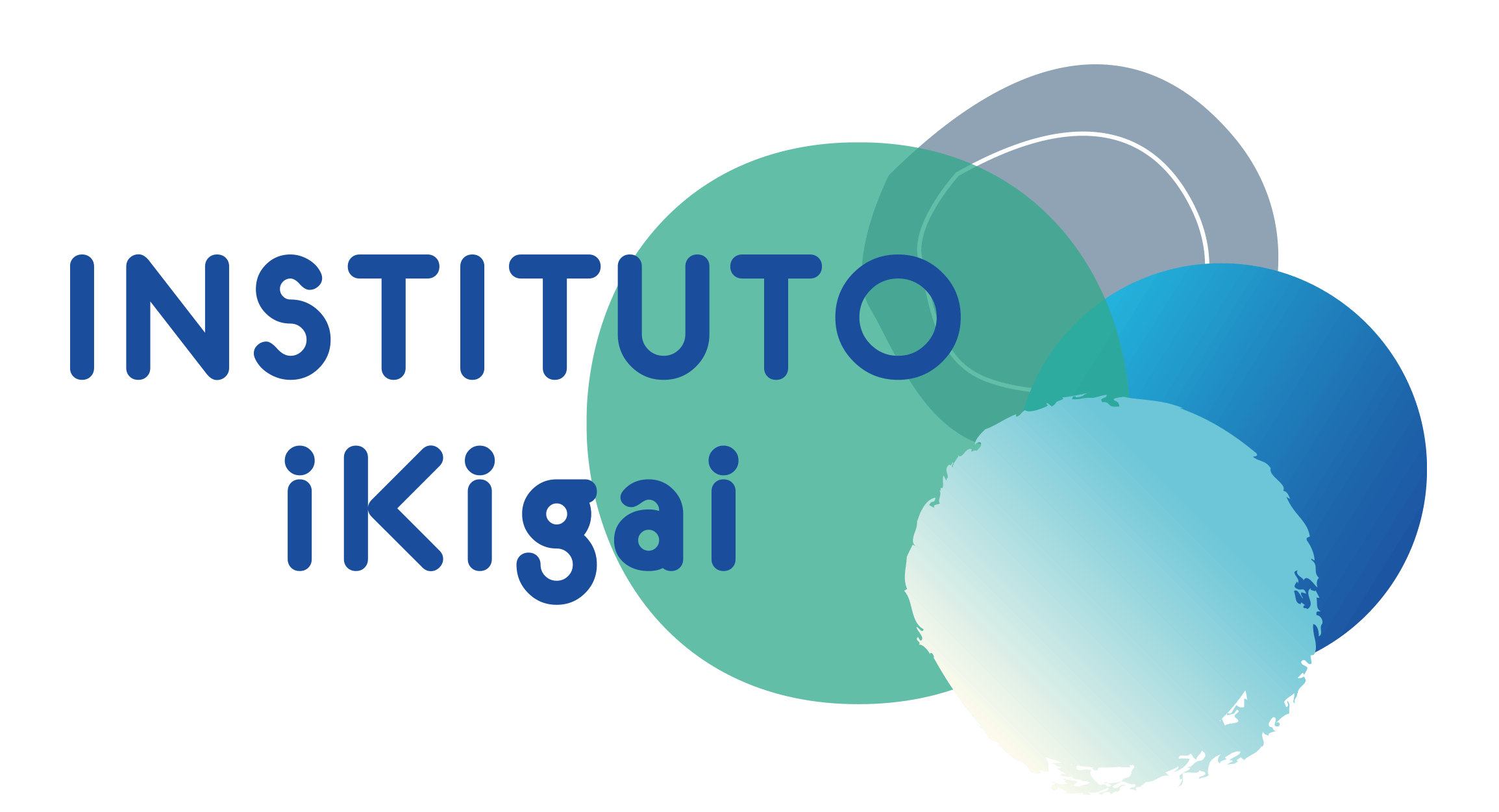
IKIGAI
Spain
Instituto Ikigai is a Spanish non-profit organization focused on youth empowerment, particularly for migrants and disadvantaged individuals, primarily through training initiatives. Its areas of focus include youth entrepreneurship, the development of digital skills, intercultural dialogue, and the promotion of active European citizenship. Ikigai develops and manages European projects, creating digital training materials and organizing events such as workshops, conferences, and debates. Its methodological approach is based on innovation, gamification (the use of game-like elements in learning), and cooperation. The aim is to equip young people with the tools and skills needed to reach their full potential, both personally and professionally, contributing to a more inclusive and sustainable society. The organization has significant experience in managing European projects and disseminating the results achieved.

Časoris
Slovenia
Časoris, Information and Education Institute (Institute Časoris), is an award-winning, non-profit media organisation dedicated to providing quality journalism for children and fostering media literacy. The online newspaper Časoris was launched in 2015, and the Institute Časoris was founded in 2016 to further expand its mission. As Slovenia's only news platform specifically designed for young audiences, Časoris produces trusted, accessible, and child-friendly news that helps children make sense of the world. We believe that children deserve a voice in public discourse, and we actively provide them with opportunities to express their views and develop their critical thinking skills. Beyond publishing news at casoris.si, we offer media literacy workshops, educational tools, and resources designed to help children, educators, and parents navigate the complexities of today's media landscape. Recognising that global crises and distressing events can deeply impact young audiences, we also provide guidance for parents on how to discuss terrifying news with their children, ensuring that they are well equipped to help young readers feel informed, supported, and empowered rather than overwhelmed.

EXPLORA
Italy, Rome
Explora Il Museo dei Bambini di Roma (MDBR) is a vibrant, permanent institution designed specifically for children aged 0 to 12, schools, and families. It provides an enriching environment that fosters play, hands-on experimentation, and learning. The museum targets a diverse audience, including children, teachers, educators, students, and adults, engaging them in both formal and informal educational experiences. Located in the historic former tram depot at Via Flamina 80-86 in Rome, Explora encompasses a spacious area dedicated to exhibitions, services, and outdoor play. Since its opening in 2001, Explora has been committed to accessibility and sustainability, featuring an environment free of architectural barriers and constructed from recycled, recyclable, and non-toxic materials. In 2024, Explora welcomed more than 168,000 visitors through its engaging exhibitions, educational programs, and special events tailored for children and families. As a non-profit cooperative with a female majority, Explora's mission is to establish and operate this unique institution dedicated to childhood education. It operates as a private museum that relies on public funding exclusively through regional, national, and international grant applications in which it actively participates. Explora is certified under UNI EN ISO 9001:2015 for the design and delivery of educational activities for children aged 0 to 12 (Certificate No. IQ-0607-01 issued by Dasa-Rägister). It is also part of several prestigious national and international networks including Ecsite, HandsOn International, ICOM (International Council of Museums), and the National Network of Children's Museums (ASviS).
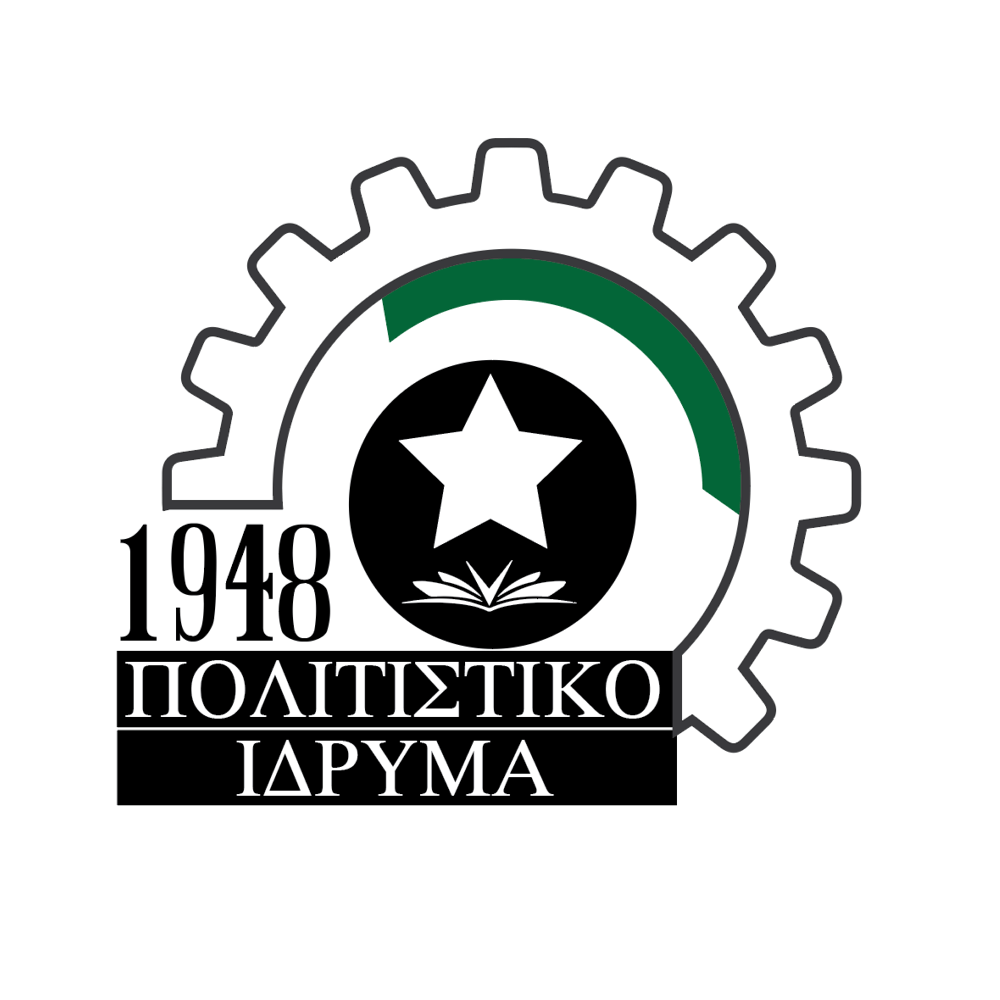
Cultural Foundation 1948
Europe
The Cultural Foundation 1948 (CF1948) was established in September 2020 as a non-for-profit NGO with the aim to foster social change that can bring about a positive transformation to local, national and regional contexts. CF1948 envisages establishing itself in society as a leading institution in stimulating processes of learning, research and preservation of historical and cultural heritage as well as engaging citizens and particularly the youth in democratic and participatory forms of action. CF1948 endorses a wide application of the term culture that encompasses social actions at various levels and of various forms: educational, training, social, athletics, research, scientific, political, historical, cultural, etc. At the same time, CF1948 via its activities address diverse and significant contemporary issues crucial for the well-being and progress of any modern society. Issues such as racism, civic and particularly youth engagement and participation, immigration, gender, environment, unemployment, social solidarity, public health, education, nationalism, and many more. Moreover, we aim to create permanent in-house structures that will promote the implementation of our strategic goals. Such structures include, among others, the creation of amateur youth sports, music, dancing and theatrical groups, research groups and workshops, etc. We have already set up a research unit within CF1948 with the aim of engaging in research activities, a theatrical laboratory and a music band. Our repertoire of action is multifaceted and embraces seminars, lectures, workshops, conferences, symposia, publications, debates, field activities, etc. CF1948 team is composed of young people who share common concerns and goals for societal engagement and change. Our cultural and educational background differs and this we believe is a strength for our organization since we can understand and address different problems, phenomena and situations.
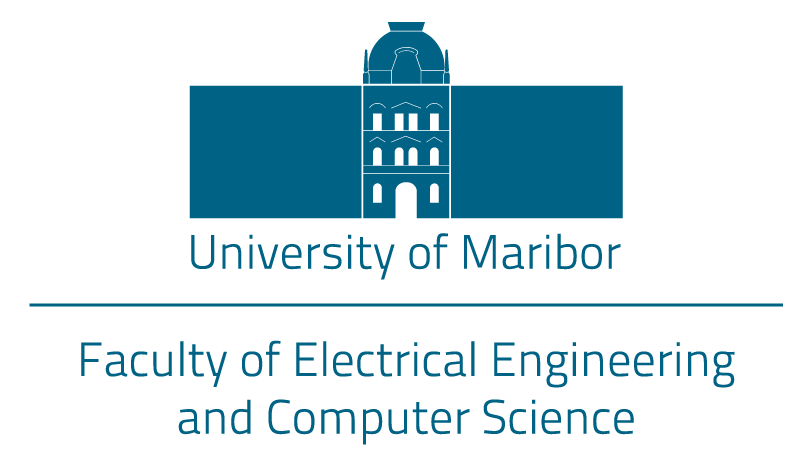
Faculty of Electrical Engineering, Computer Science, and Informatics
Slovenia, Maribor
University of Maribor - Faculty of Electrical Engineering and Computer Science (UM FERI) is one of the leading educational and research institutions in South-eastern Europe, with over 200 researchers, 50 technicians, and 2500 students. UM FERI actively participates in various international and national research projects, including more than 30 EU-funded projects, 20 national research projects, and 50 industry collaborations. The Institute of Media Communications (IMK UM FERI), as part of UM FERI, specializes in media policy, creative industries, media literacy, accessibility, and human-computer interaction, having contributed to over 70 European and national R&D projects. The institute's members are also involved in evaluating EU cultural and media projects and have published research on media transformation, broadcasting models, television management, and social media accessibility.
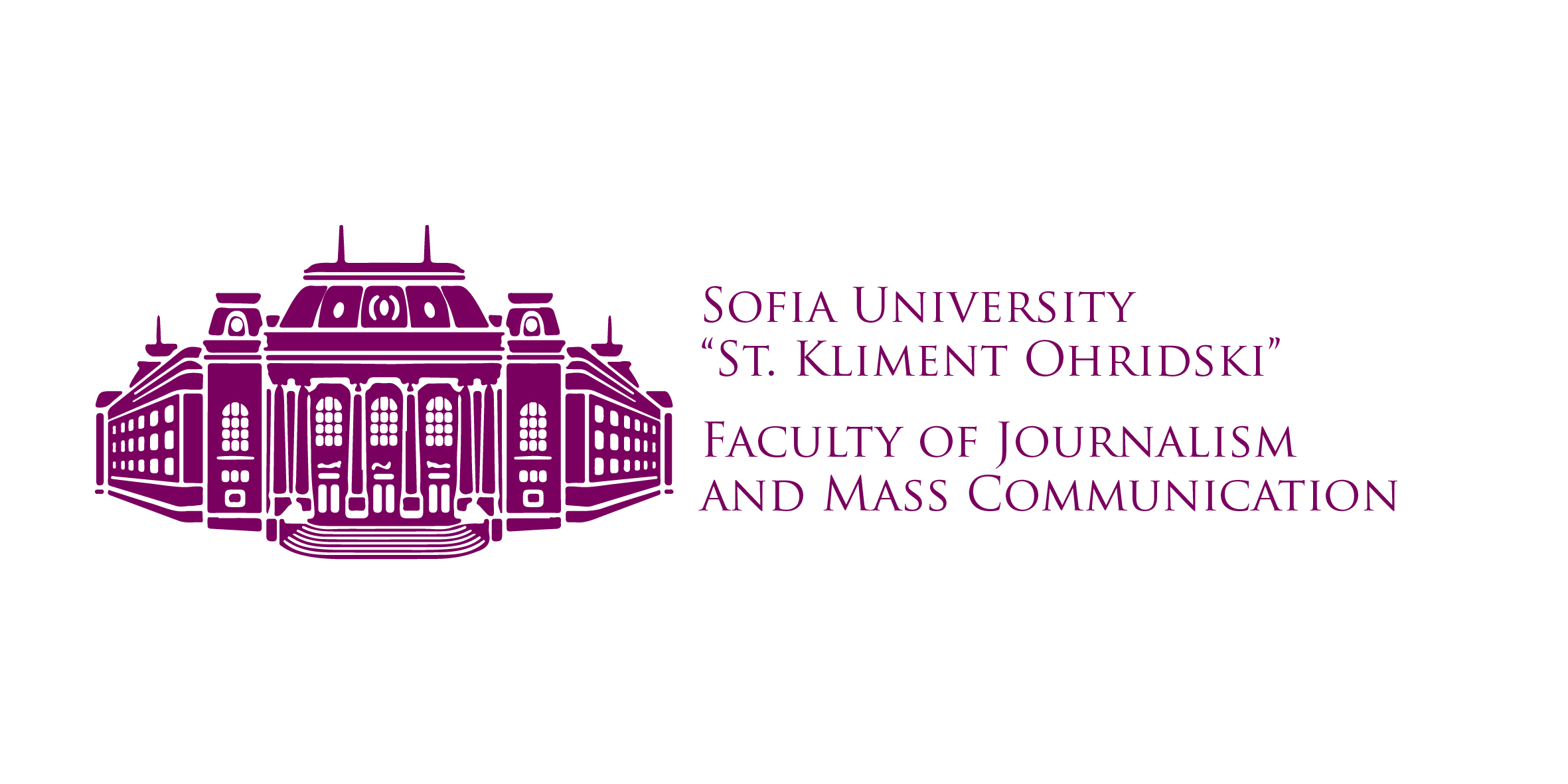
Faculty of Journalism and Mass Communication, Sofia University "St. Kliment Ohridski"
Bulgaria, Sofia
The Faculty of Journalism and Mass Communication (FJMC) at Sofia University "St. Kliment Ohridski" is the leading institution for media and communication studies in Bulgaria. FJMC offers education in journalism, public relations, publishing, and communications management and actively participates in European programs. These include Erasmus+ and Citizens, Equality, Rights and Values (CERV), and foster international academic exchange, research collaboration. The faculty is dedicated to addressing key issues in media, democracy, and communication. Being part of the largest and oldest Bulgarian research university, FJMC is part of a long academic tradition in interdisciplinary research. Furthermore, experts and faculty members are at the forefront of the national efforts of combating the effects of fake news and promoting media literacy, not only amongst students, but also in society in general.
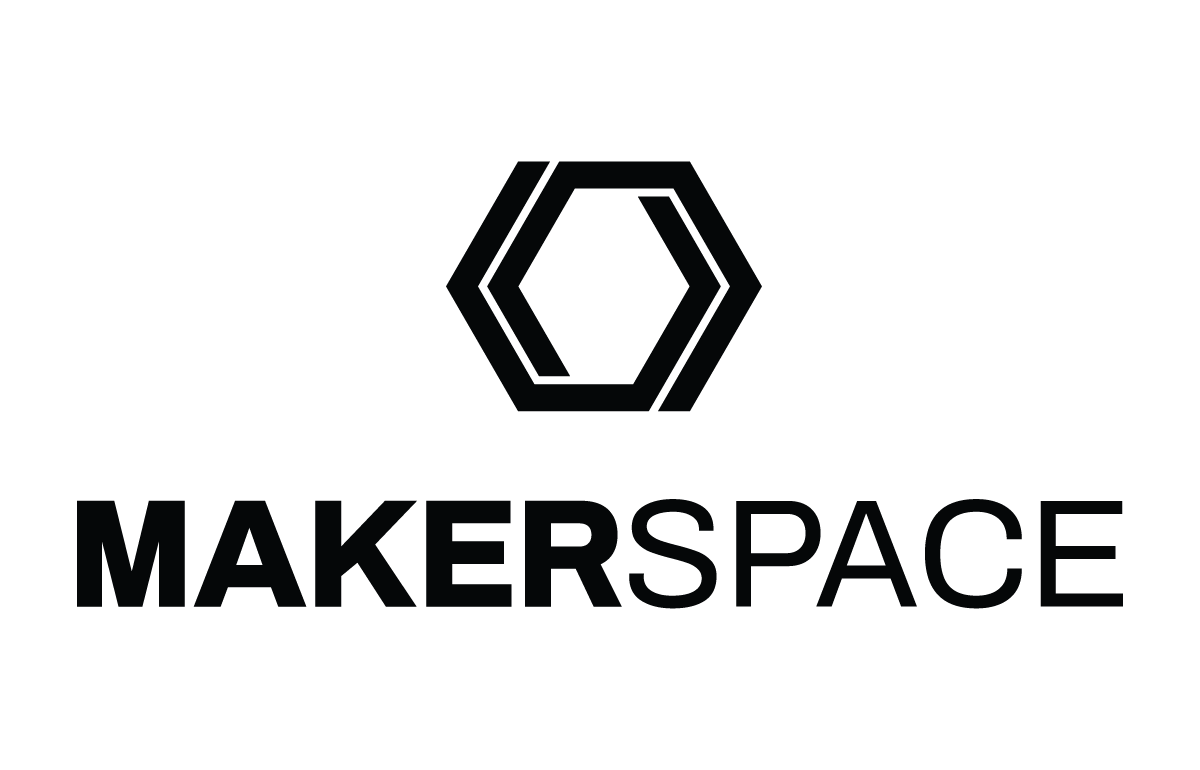
Makerspace Varaždin
Croatia, Varaždin
Makerspace Varaždin is a creative and educational hub that provides access to tools, technology, and expertise for innovation, learning, and collaboration. Equipped with 3D printers, CNC machines, laser cutters, and electronics labs, it supports makers, entrepreneurs, and students in developing technical and digital skills. Through workshops, training programs, and hands-on projects, Makerspace Varaždin fosters STEM education, business digitalization, and prototyping, empowering individuals to turn ideas into reality. It also runs the MakerLAB program for kids and teens, organizes community events, and promotes digital and technical literacy across various fields, including robotics, programming, and digital design.